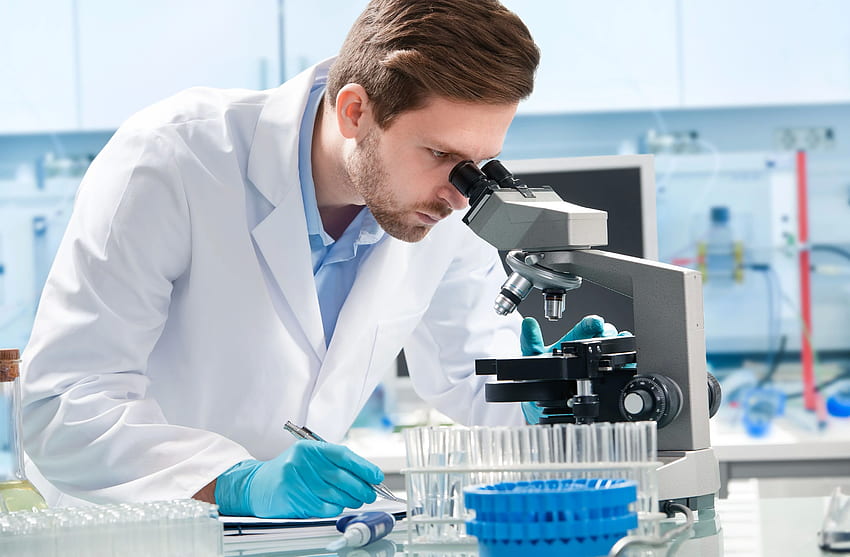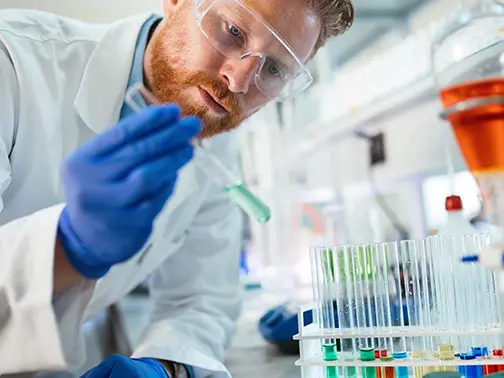Clinical Pathology
Clinical pathology, also known as laboratory medicine, is a medical specialty that involves the study and diagnosis of diseases through the analysis of bodily fluids, tissues, and cells. It plays a crucial role in patient care by providing information that helps healthcare professionals understand the nature of a disease, monitor its progression, and guide treatment decisions.
Clinical pathologists, also called laboratory physicians, are specialized doctors who oversee and interpret laboratory tests. They work closely with other healthcare professionals, such as primary care physicians, specialists, and surgeons, to provide accurate and timely diagnostic information.


Clinical pathology encompasses several sub-disciplines, including:
- Clinical chemistry: This branch focuses on the analysis of chemical components in bodily fluids like blood, urine, and cerebrospinal fluid. It helps in the diagnosis and management of conditions such as diabetes, liver disease, and kidney disorders.
- Hematology: Hematologists study blood-related diseases and disorders, including anemia, leukemia, and clotting disorders. They analyze blood samples to assess the quantity and quality of blood cells and identify abnormalities.
- Microbiology: Microbiologists examine various specimens, such as blood, urine, and stool, to detect and identify infectious microorganisms like bacteria, viruses, fungi, and parasites. They play a critical role in diagnosing and treating infectious diseases.
- Immunology: Immunologists study the immune system’s response to diseases and infections. They perform tests to measure immune system components, detect autoimmune disorders, assess vaccine response, and identify allergies.
- Molecular pathology: Molecular pathologists analyze genetic and molecular changes in cells to diagnose and classify diseases, predict treatment response, and determine prognosis. Techniques such as DNA sequencing and gene expression analysis are used to identify genetic mutations and variations.
- Cytology: Cytologists examine cells obtained from various body fluids and tissues to identify abnormal changes, such as cancerous or precancerous cells. This includes methods like Pap smears for cervical cancer screening.
The results of clinical pathology tests aid in disease detection, monitoring treatment efficacy, and screening for risk factors. The field is continually evolving with advancements in technology and diagnostic methods, contributing to improved patient care and outcomes.

 Drop your details and we will guide you over call
Drop your details and we will guide you over call